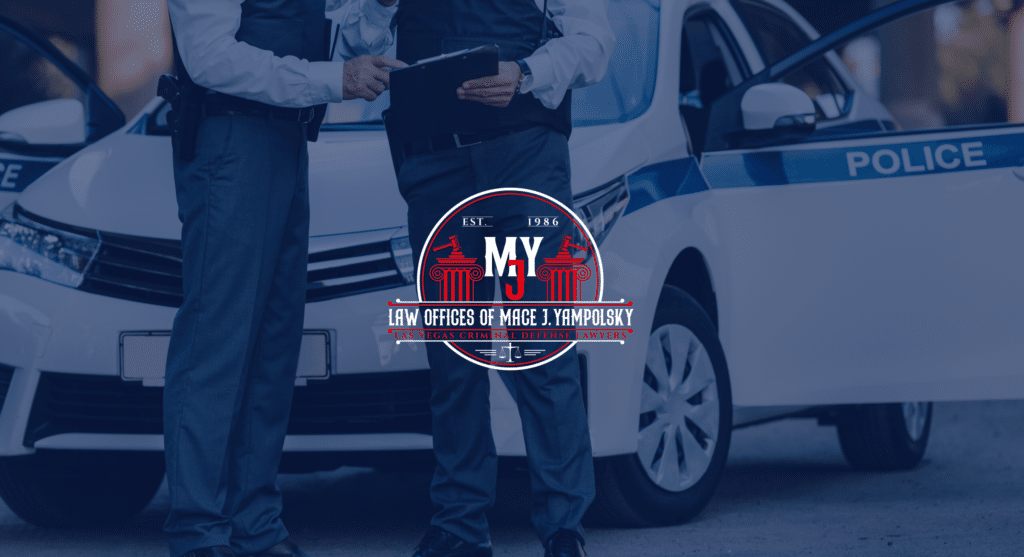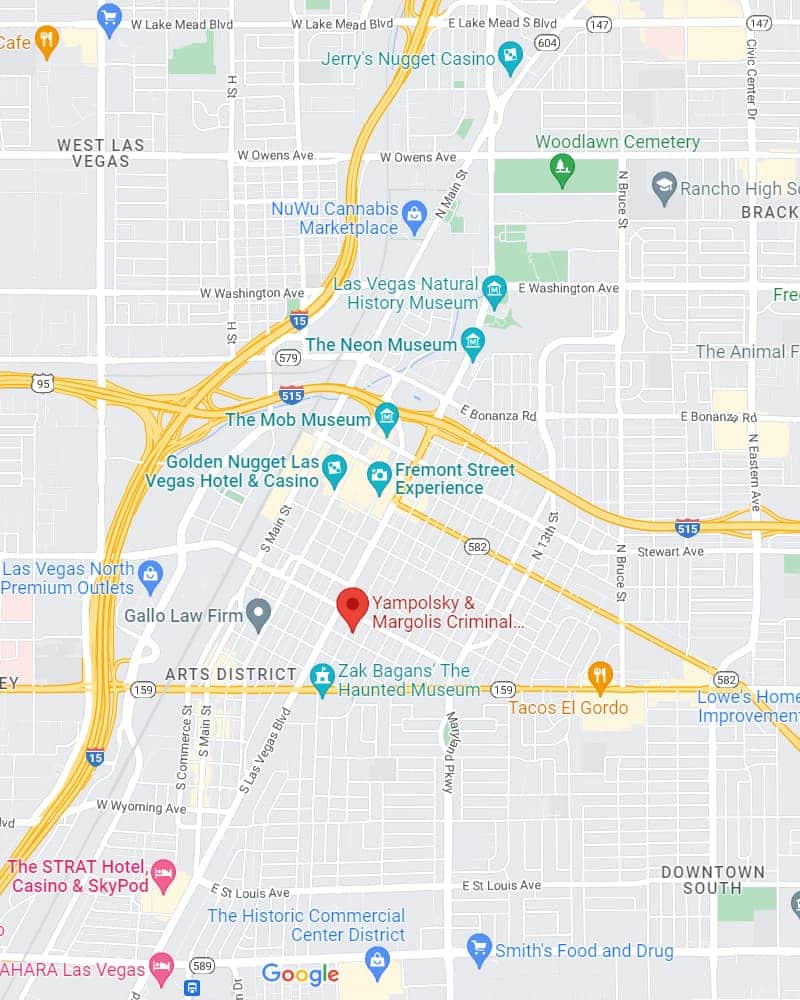It would be considered a DUI if the person was driving, meaning they were in actual physical control of a
vehicle when their blood alcohol was 0.08 or more, or if they had any prohibited controlled substances in
their blood.
They could also be convicted of a DUI if they were driving under the influence of alcohol to any degree,
however slight, if it rendered them incapable of driving safely. This means people could be convicted of a
DUI even if their blood alcohol level was lower than a 0.08.
The blood alcohol test results would be inadmissible if the test was taken two hours after the person had
been driving, although it appears that the state gets two bites of the apple. In addition to the criminal case,
there is a DMV hearing. The administrative law judge (ALJ) decides whether there is “Clear and Convincing
evidence” that you were driving under the influence of alcohol or drugs. This is a lesser standard of proof
beyond a reasonable doubt that is used in a criminal case. The DMV does not care about the 2-hour rule.
So you could resolve your DUI case as a non-DUI disposition and STILL lose your license for 90 days based
on the ruling of the ALJ.
Stereotypical DUI Defendant In Nevada
Anyone can get a DUI; it could be a man, a woman, someone young or someone old, although most of
DUI clients are generally male.
Around 80% of DUI cases involve males. It is interesting because if a man and a woman, who weigh the
same, drank the exact same amount of alcohol, the woman’s blood alcohol level would be higher because
women’s bodies generally carry more fat, and because of that, the alcohol stays in the fat longer and the
Blood Alcohol Concentration (BAC) will be higher.
Prescription Drug DUI In Nevada
Another thing people do not realize is that they could be under the influence of a prescription drug even
if they had a valid prescription. Hydrocodone and many other legally prescribed drugs can affect a person’s
perception. However, if there are no other drugs or alcohol in your system, and the prescription drug is
in the therapeutic range, we are usually able to resolve your case so it is not a DUI. Nevada law has
something called a rebuttable presumption, meaning that if someone had a controlled substance in their
blood at certain levels then it would be presumed the person was driving under the influence. These levels
are very low for marijuana and a lot of other drugs.
It is rebuttable because if the person had a prescription for 40mg of Hydrocodone every day, but they
only had 20mg in their system when they were pulled over, then that would be within the therapeutic
range and it would defeat the presumption.
Unfortunately, sometimes the person might have consumed much more than prescribed. For example,
around 200mg of Hydrocodone, which is five times the limit prescribed per day so this would not rebut
the presumption that the person was under the influence. Sometimes the prosecutors would be more
flexible even if the person was over the prescribed limit of medication, than if they were under the
influence of marijuana, cocaine, heroin or something like that.







